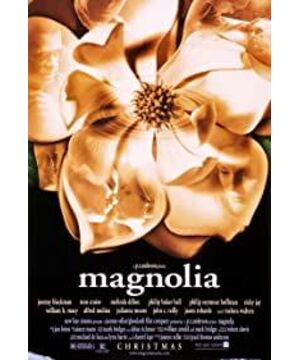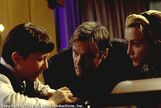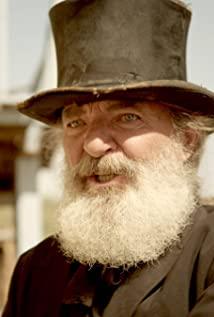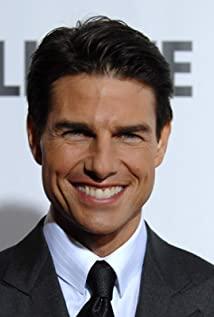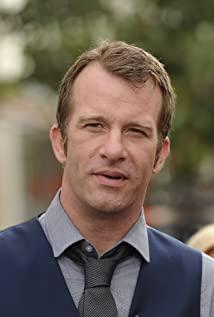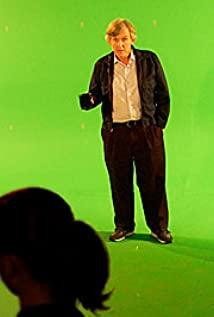(1) Have the style of independent film
Independent production movies are a concept corresponding to mainstream Hollywood movies. The United States, which originated in the middle of the last century, was initially just a rebellion against the Hollywood production system.
In the form of external production, it is funded, photographed and distributed by outside the Hollywood system; in essence, the internal spirit is to see the "independent spirit" which is different from Hollywood's moral and formal concepts.
Features of independent films:
The aesthetic characteristics of "post-modern narrative" dispel inherent types, rebel against mainstream narrative models, reject moral judgment, introduce popular culture, and innovate the art of verbal expression.
Open and diverse mind and soul; freedom, rebellion, violence; black humor
American film critic Roger Albert: It is a film produced outside of the traditional Hollywood studio system. It often uses conventional funds. The purpose of its production is to express the director’s personal thoughts and concepts and to pursue a personal presence at the box office. Success.
Independent film director Nancy Savaka: Independent film is actually a way of thinking. I used to think that its biggest feature is the source of funds, but I now clearly realize that its definition is about your thinking about telling stories. Method and personality perspective.
(2) Subject selection under memory writing
1. Eroticism and Anti-Pornography Born in San Fernando Valley, California's "Pornography Capital" in 1970, his father is a late-night radio show host who likes to collect pornographic discs. The pornographic writing originated from childhood memories was presented in Anderson's works. It has influenced the choice of motif and narrative structure of his future creation.
Childhood memories will be assembled into the artist's future creation [unconscious]. Therefore, most independent film directors who are different from the video studio generation start from action movies and violent movies. Anderson's movies are full of erotic codes that start at the elbow and are regarded as "The movie master who started from the erotic film." However, eroticism is nothing more than the expressive discourse of Anderson's films. What he really wants to convey is his ironic and even critical attitude to the bold and controversial topic of eroticism, thus revealing his avant-garde attitude and unique artistic style.
On the one hand, Anderson uses ironic plot settings to achieve the anti-pornographic effect on pornography itself. The alienation effect makes the audience not indulge in sensory stimulation and the pleasure of voyeurism in the process of watching the movie, but rationally think about pornography and the porn industry itself.
2. Anti-religious vanguard character "I was born in a Catholic family, but I don't have much firm belief. It's like when you need it, you will run to it, and when everything goes well, you will forget it. It’s hard to say how much Catholicism has had on me."
The oil driller Daniel Plewell is dedicated to chasing wealth; the oil mine owner, in order to successfully buy the teacher’s oil field, joins the church against his will and accepts the baptism of the missionary’s private vengeance; the missionary in order to allow the oil mine owner to accept his own trading plan, Repeatedly shouted against his will. "I am a fake prophet, and God is a product of superstition." In their bodies, religion only exists because of benefits, and the sacredness and purity that should be referred to behind it no longer exist.
"Master" also implies religious connotation, and there is no lack of erotic words. Everything is full of irony.
(3) Content tendency under memory writing
Anderson's creative period can be roughly divided into three stages: From "Gambling City" to "Magnolia" is an eager to prove his youthful heyday; "Wild Love" is an intermediate transition period; from "Blood is Coming" to "The Phantom of the Seamstress" is a maturity period that takes constant change and the psychological state of the role as the first priority.
It seems that his creation does not have a consistent proposition. The subject matter content is arbitrary, and it will constantly change due to demand, but some themes will still appear frequently. For example , the identification and pursuit of the father's image, the depiction of loneliness, the pursuit of salvation and love.
The absence of a maternal role
In "Gambling City", there is no mother image; in "Boojin Night", the mother is constructed as a feudal conservative ignoring the child's dream; the mother role is also missing in "Magnolia"
(4) Technologicalism
1. Repeatedly use the name of the protagonist of his previous work; repeatedly use the intertextual forms of media such as TV props, talk shows, documentaries, etc.
2. Often in the form of "film-in-film", classic movies are transformed into image files of my own creation; attention is paid to the surrealist expression method; the long follow-up shots in the early works have become the iconic code that the audience talks about.
3. Like to use cool colors, subjective lenses, handheld photography;
4. Use music and sound to set off the atmosphere, or directly become a tool for narration and expression. The theme is expressed through the connotation (contrast) between the sound and the picture, and the meaningful contrast effect brings a strange look and feel to the audience.
(5) Cultural trauma and humanistic care
Anderson once described the idol Robert Altman: No one can be like him, he can be imitated, but it is impossible to catch up with him or catch him-he is so unpredictable , The river going upstream belongs to him alone.
Good film and television works all pay attention to the living environment of human beings. The sharp, fierce and direct sound and image are all ways to express concerns and protest against the current chaotic environment.
When the social crises caused by various problems, conflicts and conflicts spread across every corner of the earth, human beings finally had to cry out for help because they were in an embarrassing situation where they could not help themselves, but at the same time, they were subjected to various interests and out of control. The arbitrary coercion constantly undermines this not-so-hard order.
Anderson's movie world aims to dig deep into the mysterious core of human emotions, to explore the traumatic memory and emotional liberation of individuals. Most of his movies are ultimately fixed on the way of self-salvation of the characters. "Sometimes people need others to forgive" "What we can forgive is the most difficult part of being human" "We try to forget the past, but the past does not forget us" "Rescue ourselves from the trauma of the past and take control of our own life "
Exploring human nature is often associated with historical expression, because individual individuals are all historical hostages, and individual trauma and destiny are inseparable from the grand background of history, but all directors with artistic ambitions are eager to try historical narratives, historical narratives In fact, it has a strong reality referent. Because of the historical code and realistic meaning of Anderson's films, he has a sense of social responsibility as an intellectual, and a demeanor from young filmmakers to masters.
(6) The director of the actor
Starting from "Gambling City", Anderson has established himself as "a director of actors". And the characteristics of "role is bigger than plot development". He is good at discovering the deep and even unknown side of the actor in the movie, and creating characters who seem to have many mysteries behind them at first glance, but have a rich inner world.
View more about Magnolia reviews


